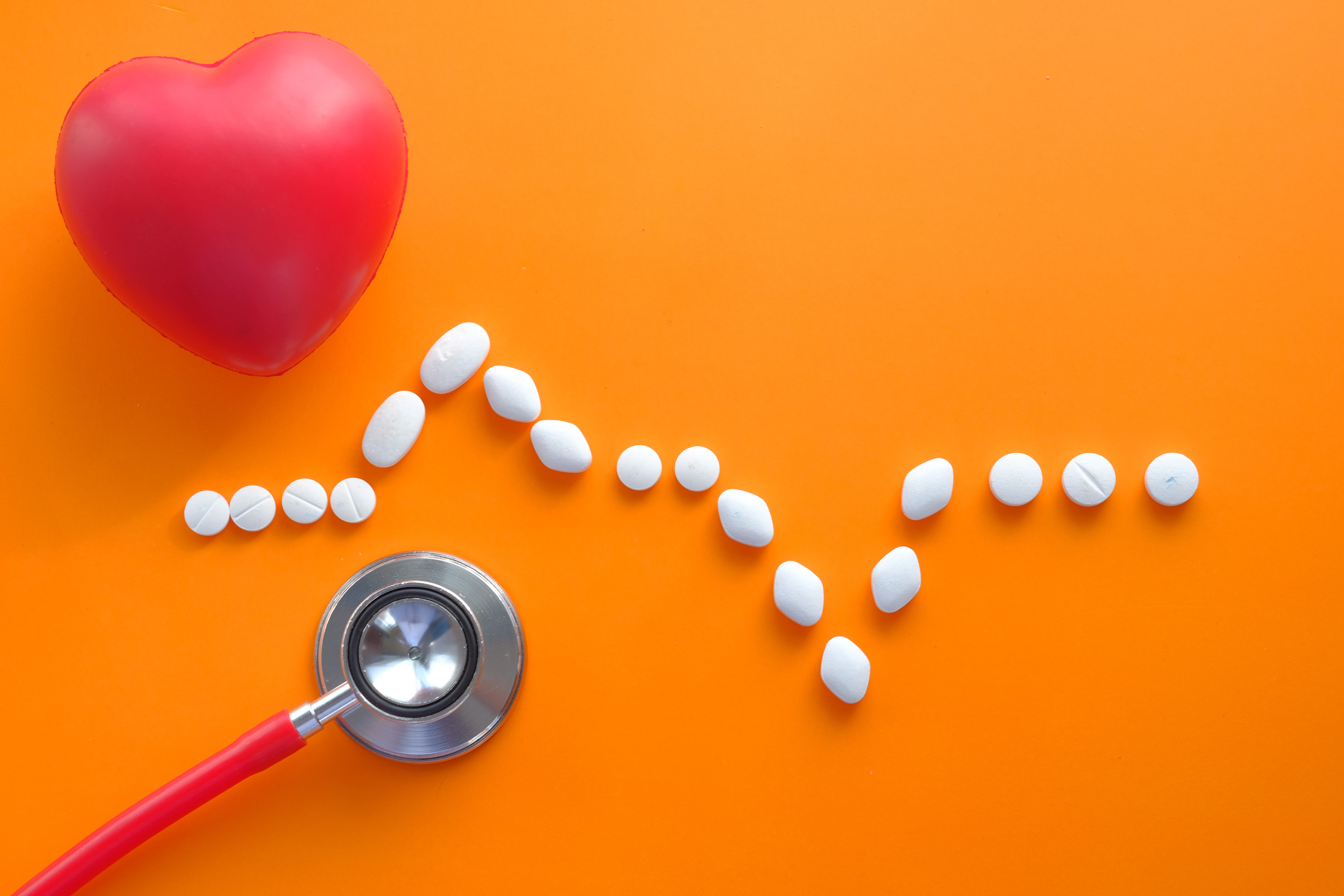Cholesterol Unveiled: 10 Surprising Ways It Shapes Your Health
7. Cholesterol and Cardiovascular Health: The Connection

Cholesterol's impact on cardiovascular health is well-documented, with high LDL levels being a major risk factor for heart disease. The accumulation of LDL cholesterol in the arterial walls leads to the formation of plaque, which narrows and hardens the arteries. This condition, known as atherosclerosis, impairs blood flow and can result in heart attacks, strokes, and other cardiovascular complications. HDL cholesterol, on the other hand, helps protect against heart disease by removing excess cholesterol from the arteries and transporting it back to the liver for excretion. Maintaining a healthy balance between LDL and HDL is crucial for cardiovascular health. Lifestyle factors, such as diet, physical activity, and smoking cessation, play a significant role in managing cholesterol levels and reducing the risk of cardiovascular diseases. Understanding the connection between cholesterol and cardiovascular health underscores the importance of regular screenings and proactive measures to protect heart health.
8. Medications and Treatments for Cholesterol Management

For individuals with high cholesterol levels, lifestyle modifications alone may not be sufficient to achieve optimal cholesterol levels. In such cases, medications and treatments can play a vital role in managing cholesterol and reducing the risk of cardiovascular diseases. Statins are the most commonly prescribed medications for lowering LDL cholesterol. They work by inhibiting an enzyme involved in cholesterol synthesis in the liver, effectively reducing LDL levels. Other medications, such as bile acid sequestrants, niacin, and cholesterol absorption inhibitors, may also be used to manage cholesterol levels. In recent years, new classes of drugs, such as PCSK9 inhibitors, have emerged, offering additional options for individuals with high cholesterol. These medications work by enhancing the liver's ability to remove LDL cholesterol from the bloodstream. It is essential for individuals to work closely with their healthcare providers to determine the most appropriate treatment plan, considering their unique risk factors and medical history.
